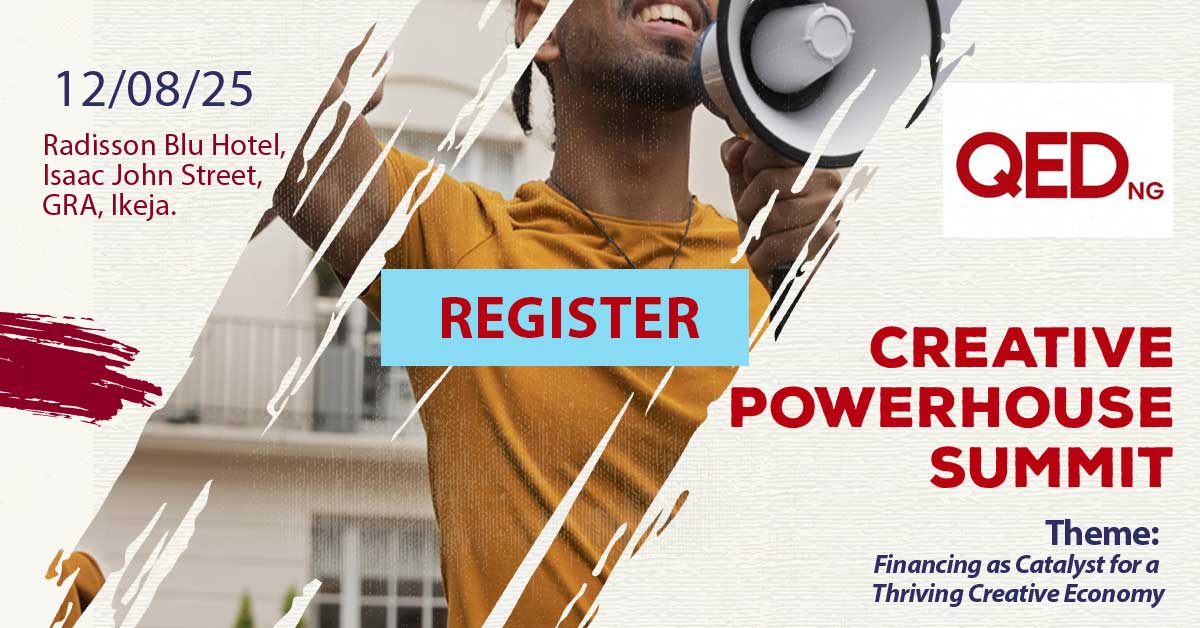Different aesthetics with Tope Babayemi
Twitter: afinjuadaba
A festival, according to Wikipedia, is an event ordinarily celebrated by a community and centring on some characteristic aspect of that community and its religion or traditions, often marked as a local or national holiday, mela, or eid. Next to religion and folklore, a significant origin is agricultural. Food is such a vital resource that many festivals are associated with harvest time. Religious commemoration and thanksgiving for good harvests are blended in events that take place in autumn, such as Halloween in the northern hemisphere and Easter in the southern.
In terms of cultural management, festivals are basically celebrations of community. From this perspective, it follows that communities will celebrate for different reasons and in different ways. There are religious, traditional, arts and cultural festivals that celebrate and promote issues and phenomena that have local, regional, national and at times, global significance. Festival management essentially has to do with bringing available but divergent energies – creative, statutory, business and others – together, to produce the festival.
Organising a festival entails sound administration which impacts production and enhances promotion. Administration involves pre-programme planning including the budgeting, financials, technical and promotional. All the areas of administration, production and promotion have to be time-scaled and dovetailed to ensure a successful festival.
In 1986, while working on my Master of Philosophy thesis at the University of Birmingham UK, I had the opportunity of being a member of both the General Arts Committee and the Ethnic Minority Arts Committee of the Arts Council of Great Britain ACGB, now the Arts Council of England ACE. I had the privilege of sitting on these committees which had mandate to approve project grant applications from arts organizations and individuals from around the UK. One of the applications I had the opportunity of dealing with was that of the Notting Hill Carnival Committee.
At that time, the Notting Hill Carnival programme consisted of the Adult Carnival, Children’s Carnival and the Carnival Concert. It was a community festival supported by the London Metropolitan Council, the Arts Council and others. Today, with the right business and organisational structure the Notting Hill Carnival has transformed into the largest street festival in Europe, and one of the biggest globally, attracting two million people and generating £93million business over the two-day weekend programme.
Many of our traditional festivals are long overdue to transmute from traditional folk festivals into major money-spinning international cultural festivals. Part of the challenge is the absence of the political will to make the right policy intervention that strikes the right balance between heritage, loss and innovation. As I have stated in the past, we must think carefully about what to preserve and what to let die because the cost of preserving everything will leave nothing to invest in the future.
We need to separate the ritual from celebration in order to broaden the bases of participation in our cultural festivals. Osun-Osogbo Festival in Osun State and Eyo in Lagos State readily come to mind as examples that would benefit from clearer thinking in this regard.
One way for government to get involved is to develop complimentary programming that drives tourist footfall and provides sales marketing opportunities and value for corporate organisations that wish to advance their own corporate strategies by identifying with culture. This formula has been tried and tested in the State of Osun but it requires the political will to sustain.
The oldest and perhaps most successful festival of arts in Nigeria is the National Festival of Arts and Culture (NAFEST) but it unfortunately suffers from inadequate government attention. Produced by the National Council for Arts and Culture, NAFEST has the potential of being the biggest showcase of Nigerian culture ever and a catalyst, not just for the development of cultural promotion but also as a mechanism for promoting creative entrepreneurship in Nigeria.
With the right policies in place, festivals have the potential to greatly ennoble the human condition, significantly counter youth unemployment and boost entrepreneurship. I wish to implore those with the statutory responsibility to find ways of harnessing this great potential.












